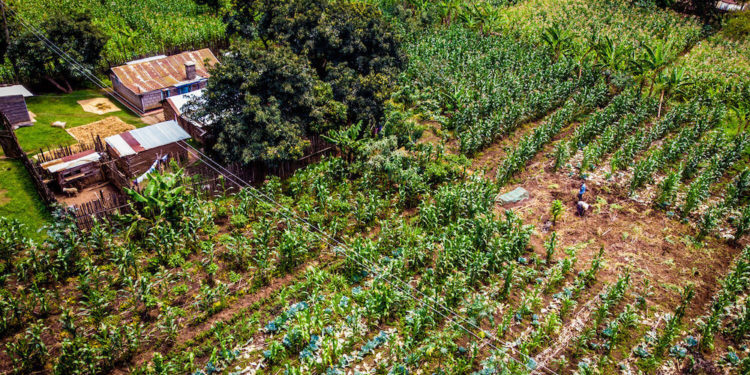Political unrest in Kenya has dealt a severe blow to the country’s private sector, with agriculture bearing the brunt of the economic fallout, according to the latest Purchasing Managers’ Index (PMI) data released by Stanbic Bank Kenya.
The headline PMI figure plummeted to 43.1 in July from 47.2 in June, signaling the sharpest deterioration in business conditions since April 2021. The agricultural sector experienced the most pronounced decline in output among the five broad sectors covered by the survey.
Christopher Legilisho, Economist at Standard Bank, said: “The July PMI is a fair representation of business activity during the month. Private sector business activity deteriorated, reflecting ongoing demonstrations and unrest in parts of Kenya for some weeks now, discouraging output and new orders.”
The protests, which have disrupted business operations and deterred customer spending, led to steep reductions in both output and new orders across the economy. Manufacturing was the only category to post a rise in output, while the other four sectors surveyed reported declines.
Supply chains have also been affected, with suppliers’ delivery times lengthening for the first time in ten months. This disruption, coupled with project delays, has resulted in a build-up of backlogs of work to the greatest extent since March 2023.
Despite the overall downturn, employment levels continued to expand for the seventh consecutive month, albeit at the slowest pace in this period. Firms increased their workforce to address mounting backlogs exacerbated by the protests.
Inflation pressures remained relatively subdued compared to 2023, although input costs and output prices both increased modestly. The report noted that high living costs and taxation contributed to the rise in purchase prices.
Business confidence dropped to near-record lows, with the July figure only marginally above the series nadir posted in February. Legilisho added: “Business confidence about the coming year weakened to a level last seen in February and was still relatively fragile.”
The PMI data, collected between July 11-29, provides a stark picture of the economic challenges facing Kenya as it grapples with political instability. The impact on the agricultural sector, a crucial component of Kenya’s economy, raises concerns about potential long-term effects on food security and rural livelihoods.
















